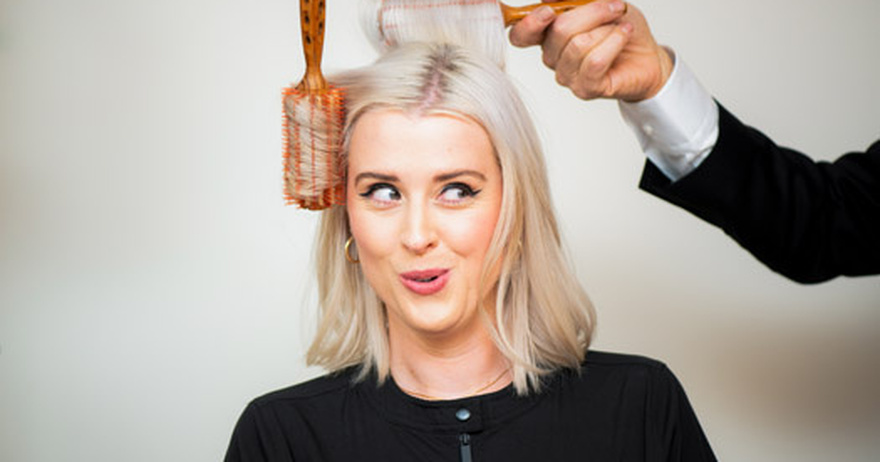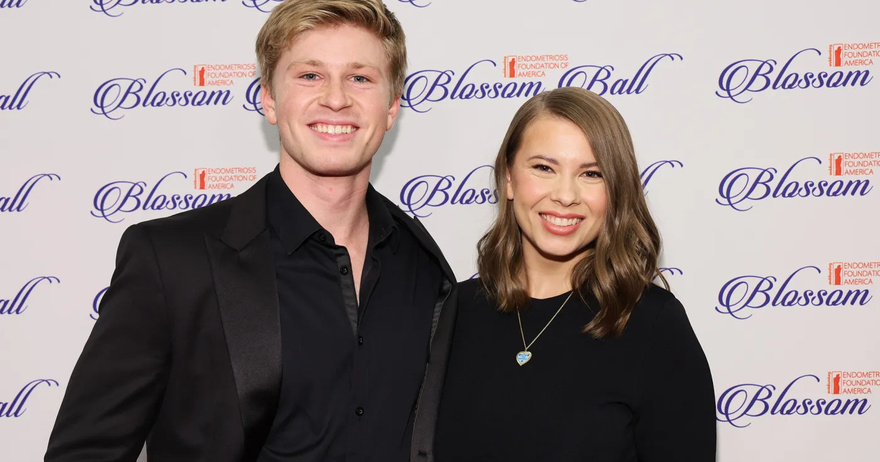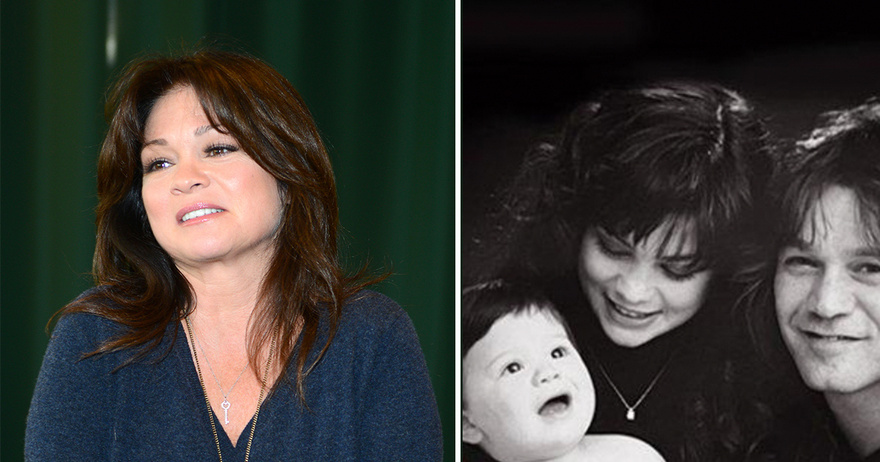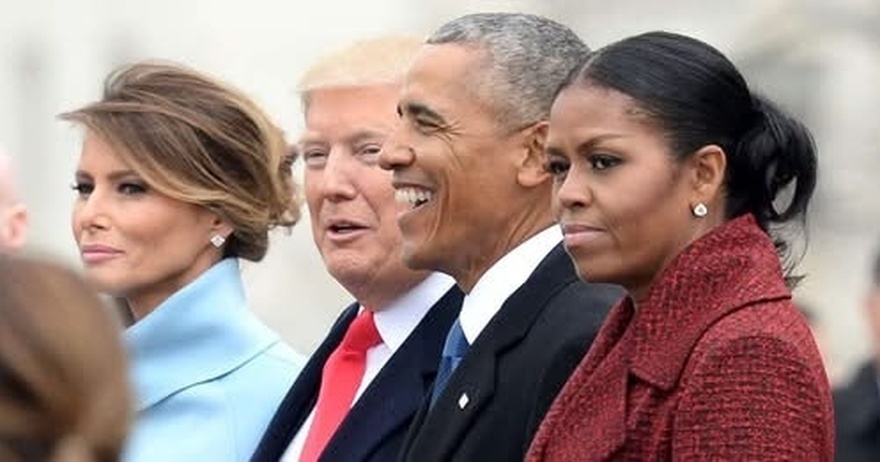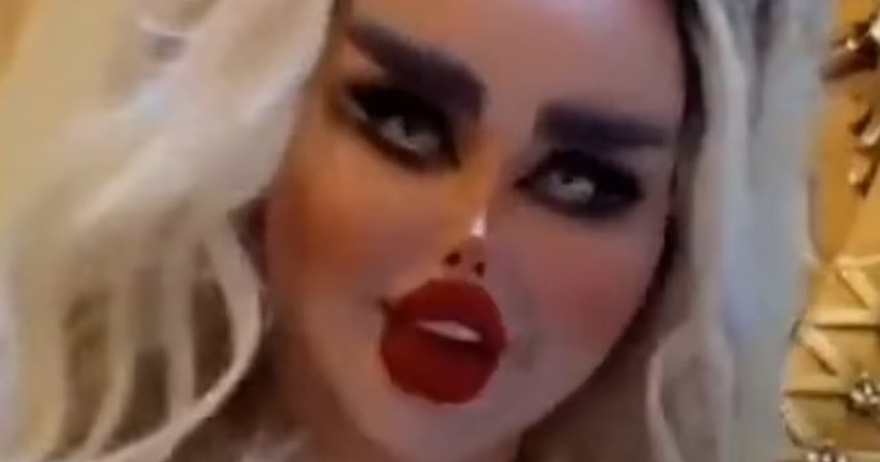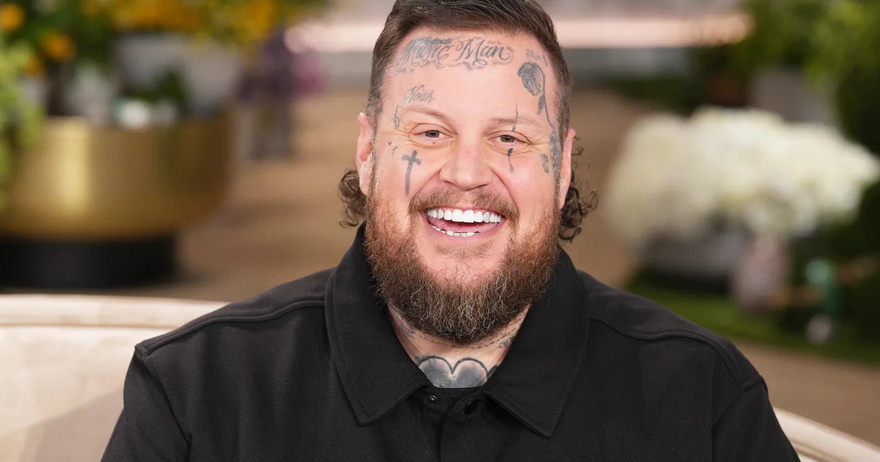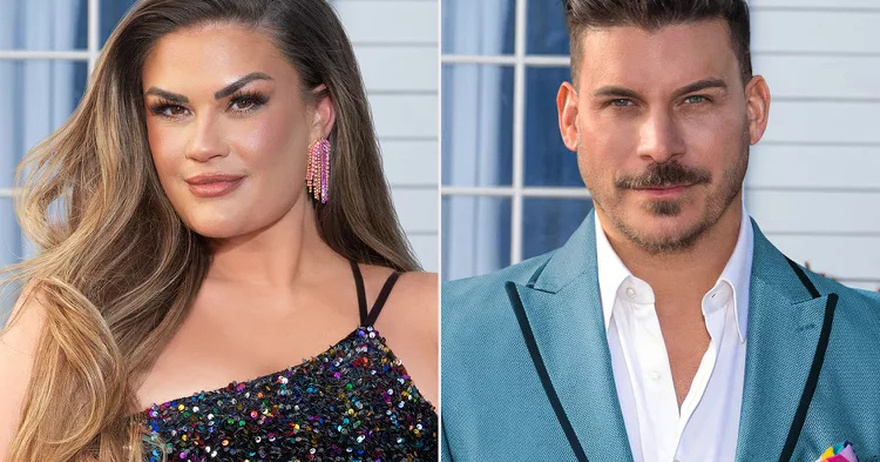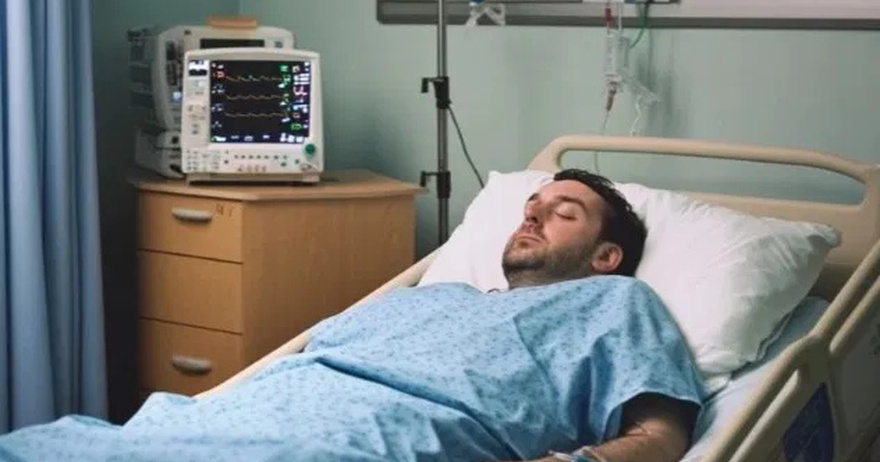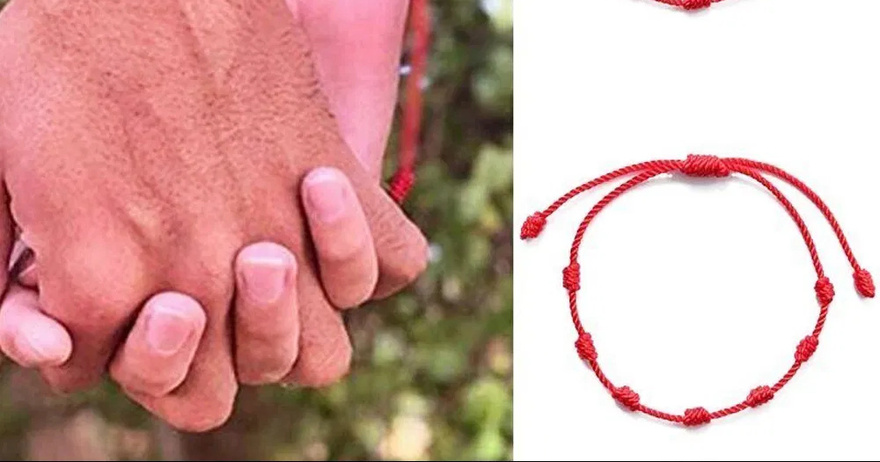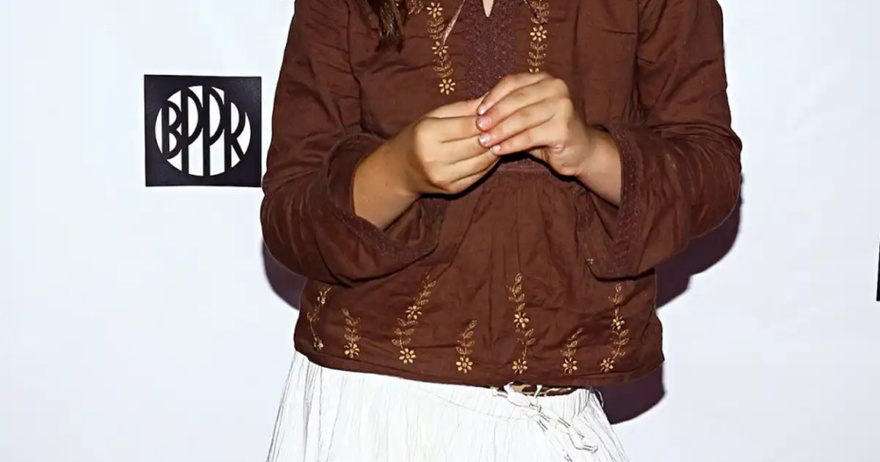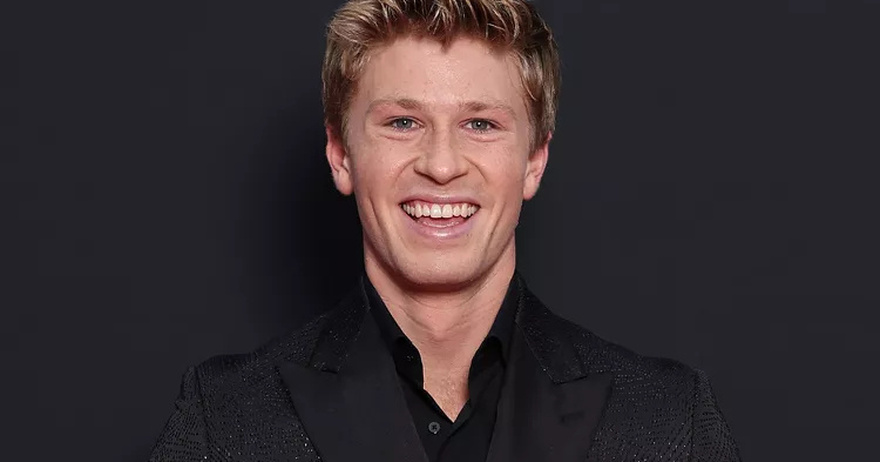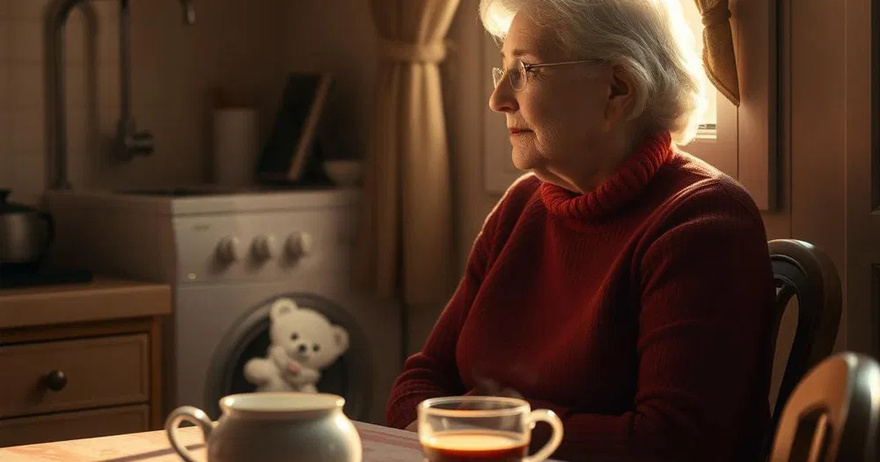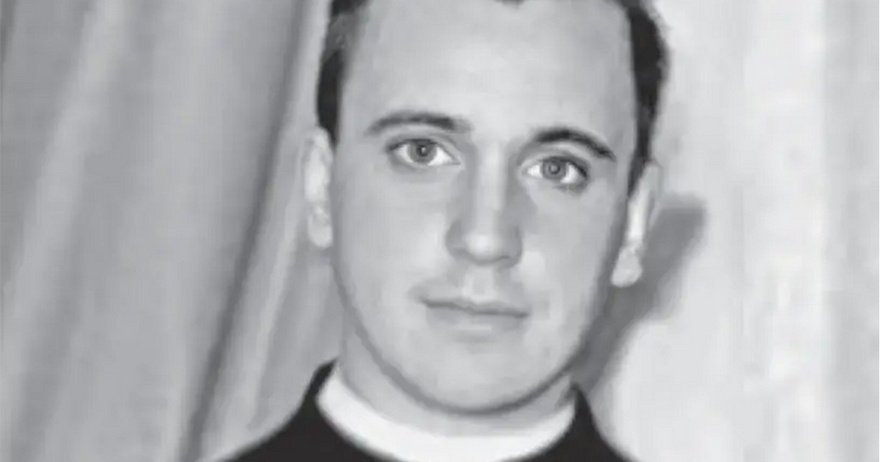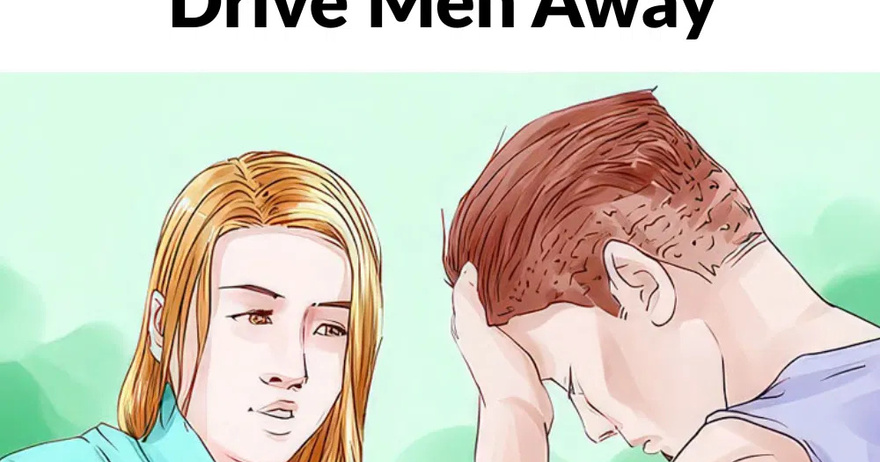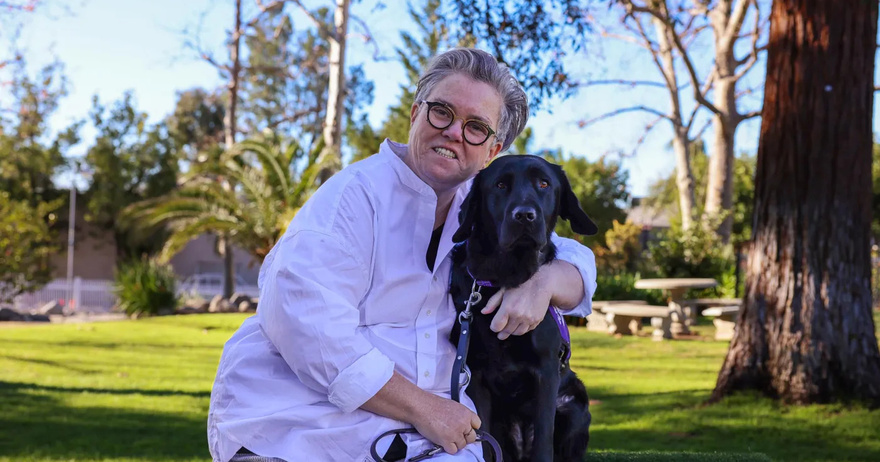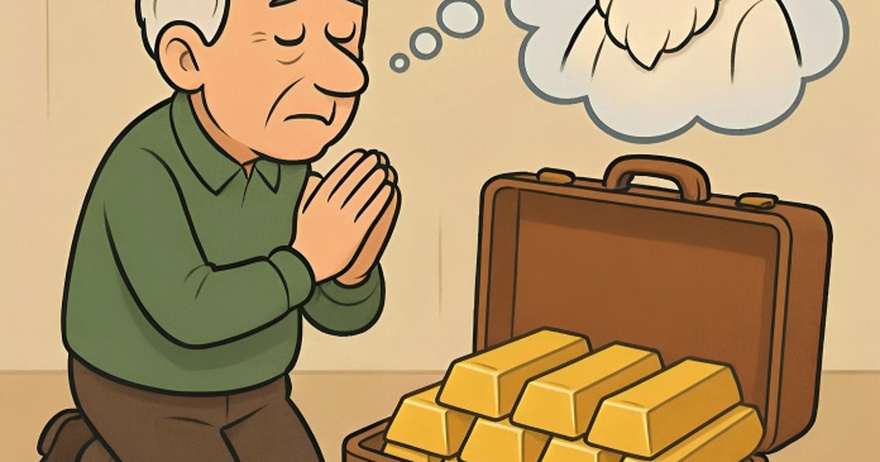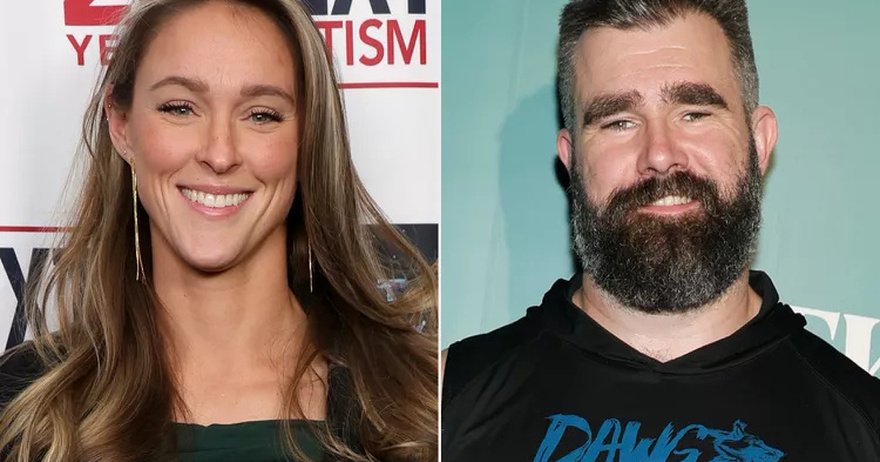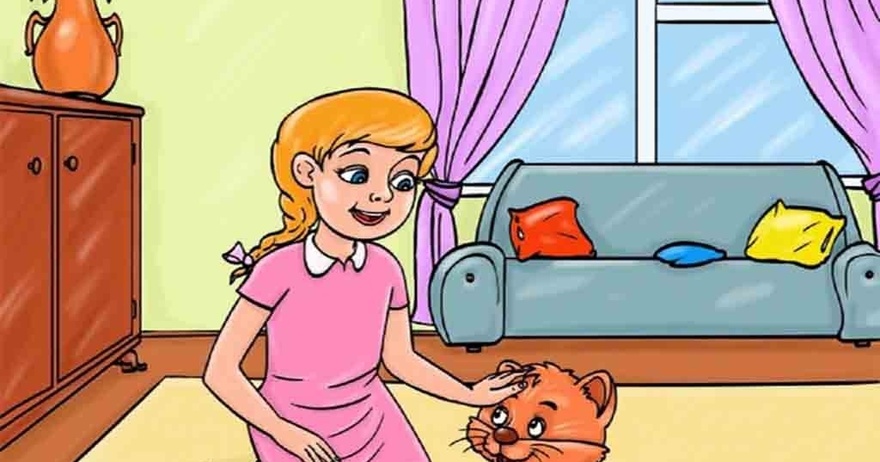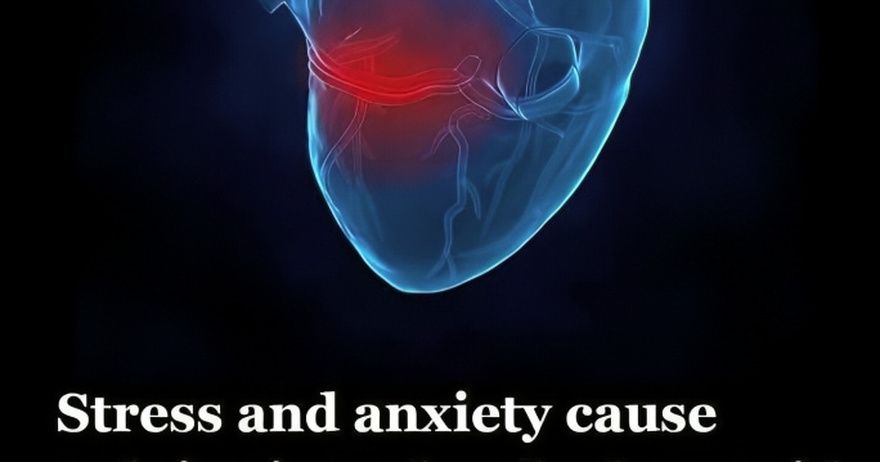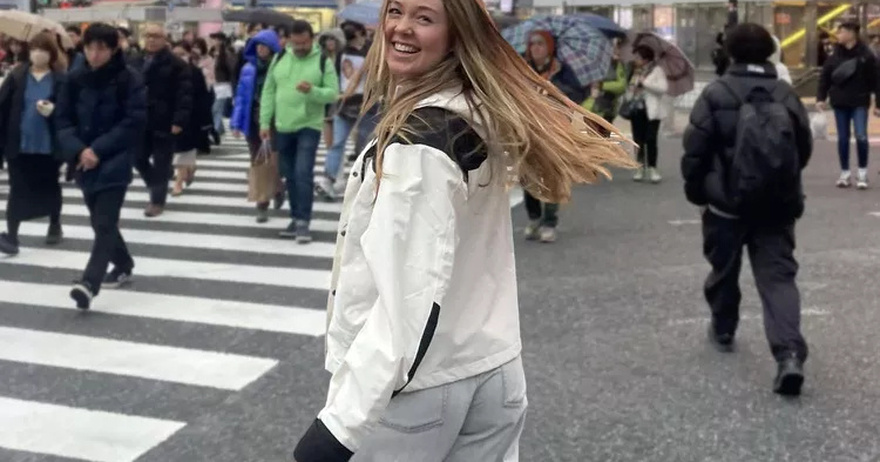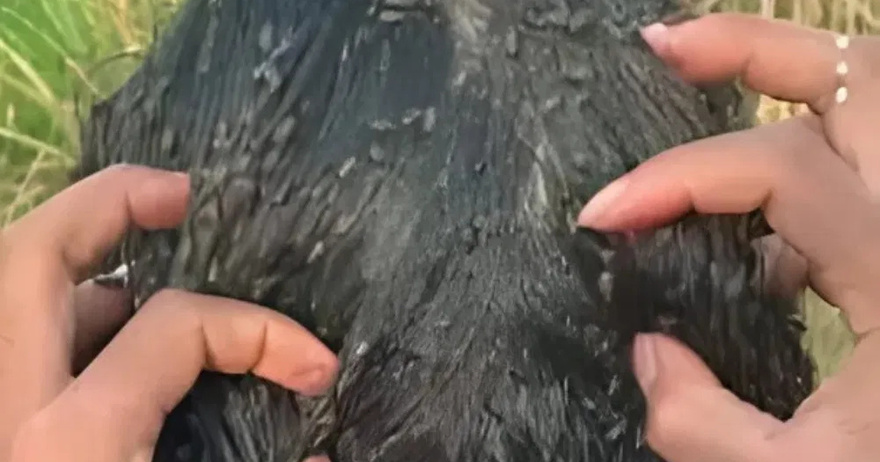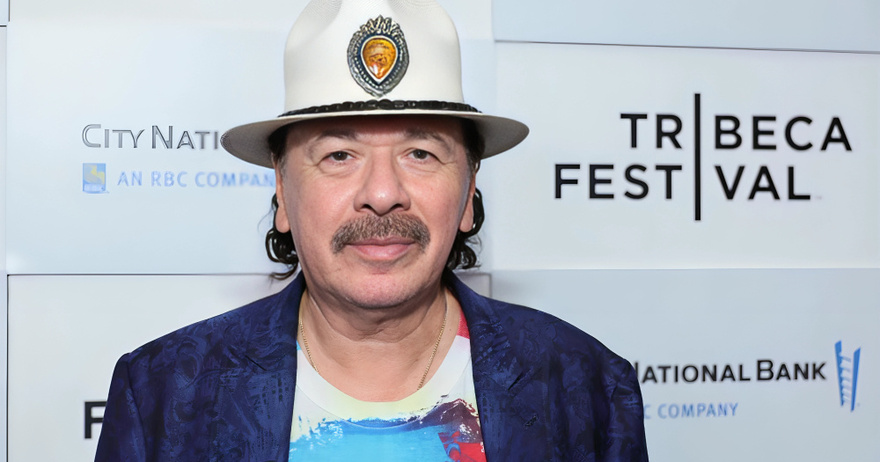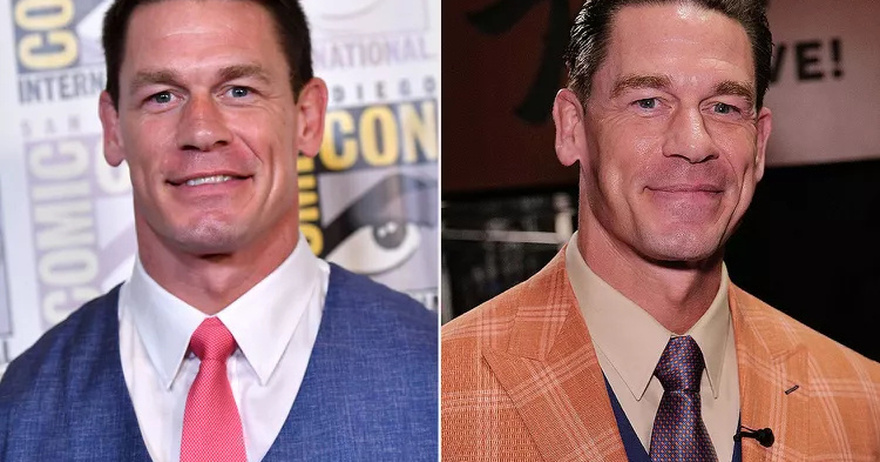It’s often said that a new hairstyle can change not only your appearance but also your mood. Hair, for many people, is more than just a feature of their appearance—it’s an expression of identity, a reflection of self-esteem, and sometimes, even an indicator of mental health. Whether it’s getting a fresh cut after a major life change or simply pampering ourselves with a new look, hairstyling plays a deeper role in our mental well-being than we might realize.
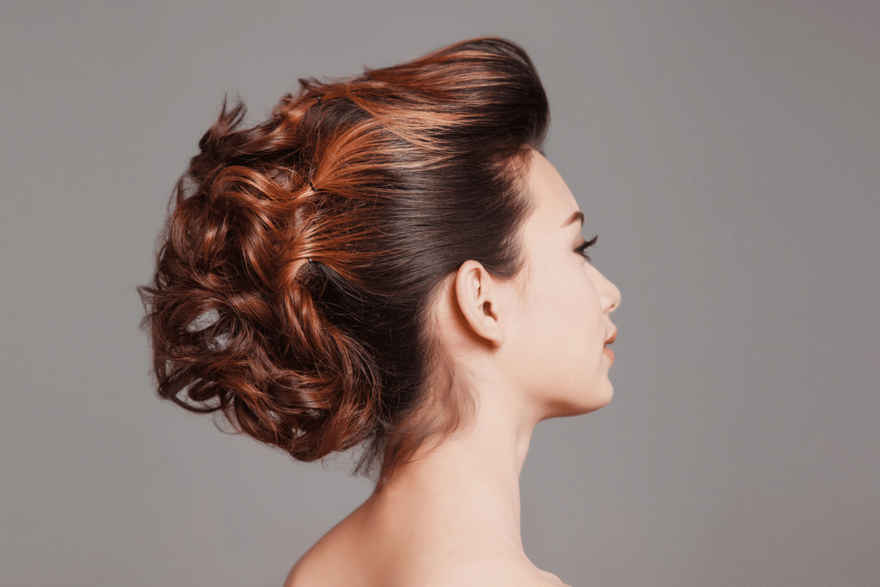
In fact, the relationship between hairstyling and mental health is so profound that new programs, such as PsychoHairapy, have emerged to train hairstylists to recognize and respond to mental health issues in their clients. Founded in 2019 by Dr. Afiya Mbilishaka, this innovative program teaches hairstylists how to become informal therapists, providing emotional support while doing what they do best: hair.
This article explores the intriguing connection between hairstyling and mental health, the psychological benefits of visiting the salon, and how hairstylists are stepping into a more therapeutic role in society.
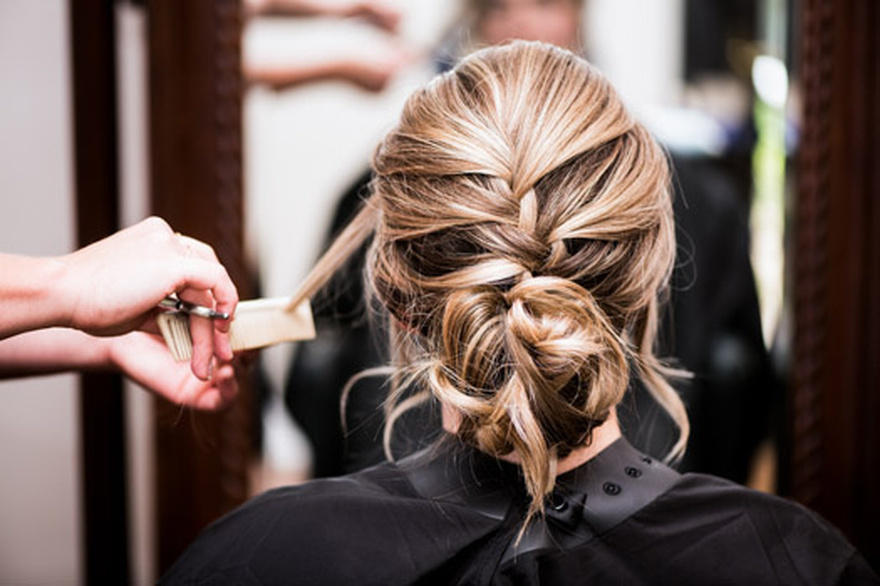
The Psychological Impact of Changing Our Hair
The idea that changing your hairstyle can change your mood is not just an urban myth; it’s a real psychological phenomenon. For many people, a change in their hair represents a new beginning, a way to physically express an internal shift. After major life events—whether it’s a breakup, a new job, or the loss of a loved one—people often feel the need to transform their appearance. Hair, being one of the most noticeable and changeable parts of our body, becomes a medium through which we can reflect and express these internal changes.
A new hairstyle can provide several psychological benefits:
- Boosting Self-Esteem: When you feel good about your appearance, it can lead to increased confidence and self-esteem. A flattering haircut or color can make people feel more attractive and in control, which in turn, positively affects their mood.
- Sense of Control: In moments of emotional upheaval, changing your hair can feel like taking back control. Life can be unpredictable, but choosing a new hairstyle is a decision you can control, giving you a sense of empowerment.
- Expressing Identity: Hair is a form of self-expression. Whether it’s a bold new color, an edgy cut, or embracing natural curls, changing your hair can signal a shift in your personal identity and how you want to present yourself to the world.

Hairstylists as Informal Therapists
Interestingly, hairstylists often play a dual role in the lives of their clients: not only do they transform their clients’ appearance, but they also provide emotional support during the process. It’s not uncommon for people to open up to their hairstylists, discussing their personal lives, struggles, and triumphs. According to a 2021 survey of 13 million professionals, 43% of hairstylists said that their clients regularly confide in them about their emotional issues.
But why do people feel comfortable sharing personal stories with their hairstylists? Clinical psychologist Seth Meyers suggests that the physical positioning of the hairstylist might make it easier for clients to open up. Since the hairstylist is often standing behind the client, the conversation happens through a mirror, which can create a sense of emotional distance, making it easier for the client to be vulnerable without feeling too exposed.
Moreover, clients might feel more inclined to share personal information because hairstylists, unlike friends and family, typically don’t know their social circles. This anonymity offers a sense of privacy and the opportunity to talk about sensitive subjects without fear of judgment or gossip.

The Role of PsychoHairapy
Building on this natural inclination for clients to open up in the salon chair, Dr. Afiya Mbilishaka developed PsychoHairapy in 2019. The program combines hairstyling with clinical psychology by providing hairstylists with a 12-hour training course that teaches them to recognize the signs of mental health issues and offer what Dr. Mbilishaka calls “micro-counseling skills.”
The training focuses on helping hairstylists assess whether a client may be at risk of self-harm or harm to others, as well as offering basic strategies for preventing these actions through supportive conversation. In essence, PsychoHairapy empowers hairstylists to act as informal healers, using hair as a gateway to offer mental health support.
The idea behind PsychoHairapy taps into a long-standing connection between hair and mental health. As Dr. Mbilishaka points out, in many cultures, hair is considered a reflection of a person’s internal state. For example, in some African societies, unkempt hair was seen as a sign of mental illness or a cry for help, signaling to others that the person was in distress and needed support.
By training hairstylists to be more attuned to these signals, PsychoHairapy bridges the gap between appearance and well-being, allowing hairstylists to take on a more active role in promoting mental health in their communities.

Hair as a Reflection of Mental Health
Beyond the social and emotional support that hairstylists offer, there’s also a physiological connection between hair and mental health. Alopecia (hair loss), for example, is often linked to periods of intense stress, anxiety, or depression. Many hairstylists have reported that clients suffering from alopecia often confide in them about their mental health struggles, which may be contributing to their hair loss.
Hair can serve as a physical manifestation of internal emotional states. Stress, depression, and anxiety can cause hair to thin or fall out, while positive mental health is often reflected in shiny, healthy hair. This connection between hair and well-being underscores the importance of hairstylists in recognizing when something might be wrong beyond just a bad hair day.
The Power of Touch
One often overlooked aspect of hairstyling is the therapeutic power of touch. Physical touch, when consensual and nurturing, can have a profound effect on a person’s emotional state. Studies have shown that human touch can reduce stress, lower blood pressure, and even improve mood by triggering the release of oxytocin, a hormone associated with feelings of comfort and bonding.
When a hairstylist washes, cuts, or styles someone’s hair, they’re offering more than just a service—they’re providing a form of therapeutic touch that can reduce feelings of loneliness or anxiety. For some people, especially those who may not have a lot of physical contact in their daily lives, a trip to the salon can be one of the few times they experience positive, comforting touch.
Building Relationships of Trust
Many clients develop long-term relationships with their hairstylists, built on trust and mutual understanding. Over time, these relationships can become an important source of emotional support, as clients feel comfortable discussing personal issues with someone they trust.
The bond between a hairstylist and a client is unique in that it’s both professional and personal. Unlike therapists, who are trained to maintain emotional distance, hairstylists can offer a more informal, friendly kind of support. This makes them an important resource for those who may be struggling with mental health issues but are not ready to seek formal therapy.
Conclusion: Hair as a Pathway to Mental Wellness
Hairstyling is about so much more than just aesthetics—it’s a deeply personal and emotional experience that can have a profound impact on mental health. Whether it’s the boost in self-esteem from a new haircut, the power of touch during a shampoo, or the therapeutic conversations that happen in the salon chair, hairstyling offers multiple pathways to emotional well-being.
With initiatives like PsychoHairapy, hairstylists are becoming more than just professionals who work with hair; they are stepping into the role of informal counselors and healers. As the connection between hairstyling and mental health becomes more widely recognized, we can look forward to a future where salons are not just places of beauty but also centers for emotional support and wellness.
In a world where mental health challenges are becoming more prevalent, it’s comforting to know that even something as simple as getting your hair done can be an opportunity for healing and self-care. Whether you’re the one in the chair or the one holding the scissors, the power of hairstyling extends far beyond the surface—it’s a tool for fostering mental and emotional well-being.
Woman Has 43 Surgeries To Look Like A Doll But She Looks Like A Zombie.
Jelly Roll Speaks Out After He’s Recommended for Pardon in Tennessee for Past Crimes
Brittany Cartwright Tells Ex Jax Taylor Not to Kiss Son Cruz, 4, After He Spends the Night with ‘Disgusting’ Girl
Nurse Secretly Told Me to Look Under My Husband’s Hospital Bed – What I Found There Made Me Call the Police
